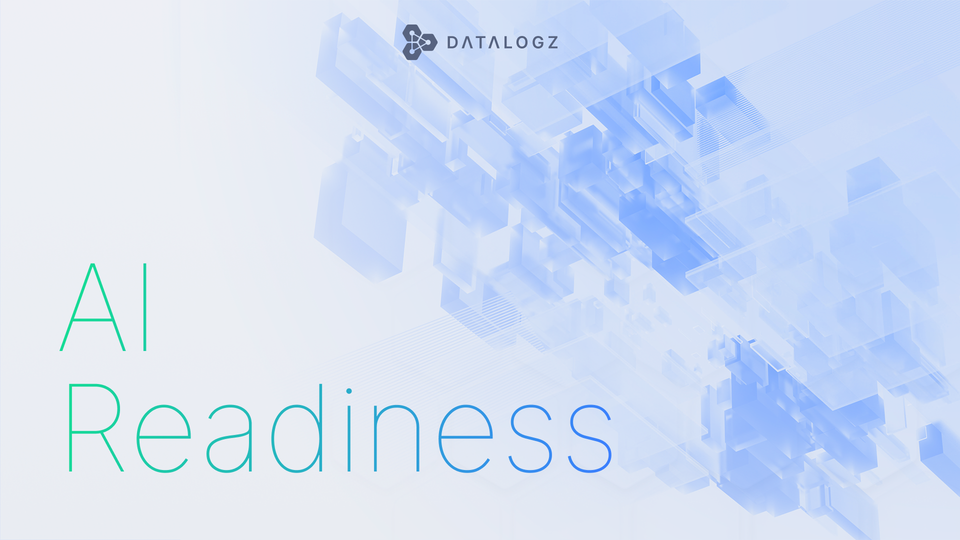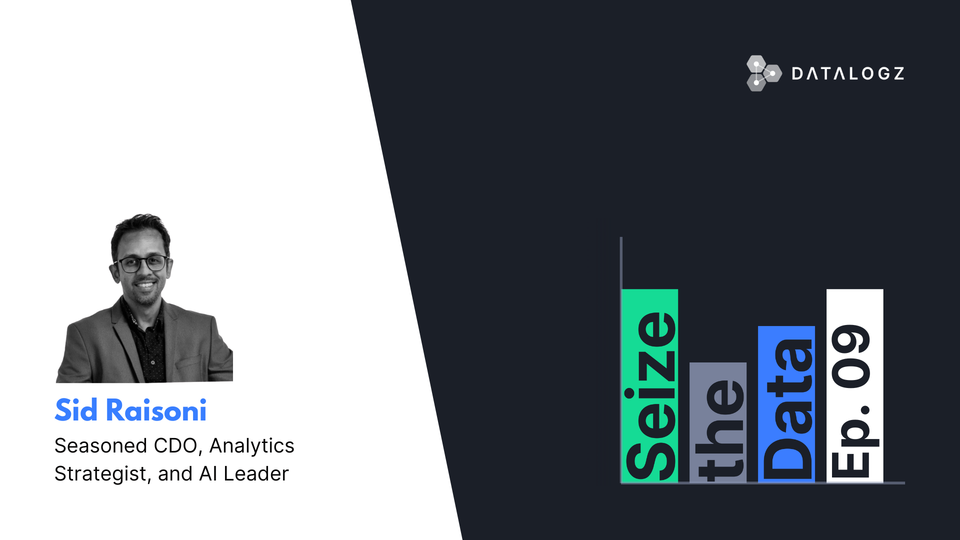Data Democratization: Empowering Users with Self-Service BI
Explore how Data Democratization and Self-Service BI empower individuals within organizations to generate insights from data independently. Understand its benefits and how to navigate the challenges of data security, privacy, and accuracy.

As data continues to drive business operations, strategies, and decision-making processes, the need for Data Democratization is becoming more apparent. In a nutshell, Data Democratization is making data accessible to all individuals within an organization, irrespective of their technical expertise. One of the primary ways to achieve this is through Self-Service Business Intelligence (BI) tools, empowering users to generate insights from data independently. This post delves into the concept of Data Democratization and how Self-Service BI plays a pivotal role in this shift.
Unpacking Data Democratization
Data Democratization breaks down the barriers between data and its users, allowing everyone within the organization to access data without requiring intermediaries or extensive technical knowledge. This shift can facilitate more informed decision-making, as individuals can access the data they need when they need it.
However, simply making data available isn't enough. It's equally important to ensure the data is understandable and usable. Herein lies the significance of Self-Service BI tools, which can convert complex data into comprehensible and actionable insights, even for those without a data science background.
The Power of Self-Service BI
Self-Service BI tools are instrumental in data democratization. They offer user-friendly interfaces and intuitive functionalities, enabling users to independently generate, view, and analyze data reports. This eliminates reliance on IT or data science teams for data-related queries and accelerates decision-making.
More than just creating reports, Self-Service BI tools enable users to ask questions, uncover patterns, and identify trends in the data. This capability to delve into the data hands-on empowers users with information and fosters a more data-driven culture within the organization.
Key Benefits of Data Democratization via Self-Service BI
Data democratization via Self-Service BI brings numerous benefits. For starters, it boosts operational efficiency by reducing the time lag in decision-making processes. With instant access to data, users can make quick, informed decisions without waiting for IT or data teams to generate the required reports.
Moreover, it fosters innovation. When individuals from diverse departments, each with unique perspectives, can access and analyze data, they can generate fresh insights, leading to innovative solutions. It also improves transparency and accountability, as data becomes a shared responsibility rather than confined to specific departments.
Navigating the Challenges of Data Democratization and Self-Service BI
Despite the potential benefits, data democratization also comes with challenges that need careful handling. The foremost concern is data privacy and security. As data becomes more accessible, organizations must ensure proper measures are in place to protect sensitive information. Datalogz can help you in this process.
Another challenge is maintaining data accuracy and integrity. With multiple users interacting with data, the risk of data manipulation or misinterpretation increases. Therefore, organizations need robust data governance policies and training programs to ensure users understand how to use data responsibly and accurately.
In conclusion, Data Democratization through Self-Service BI transforms how organizations leverage data. By making data accessible and understandable to all, it empowers individuals to make data-driven decisions and fosters a culture of innovation and transparency. While challenges such as data privacy, security, and accuracy do exist, they can be navigated with proper governance, training, and the use of sophisticated self-service BI tools.




